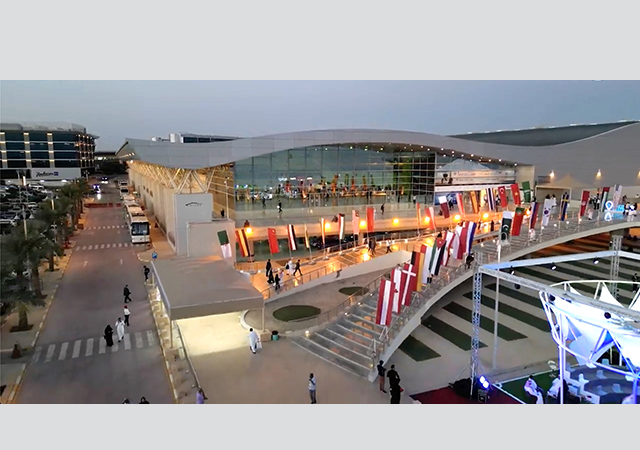
 Choi and Dalal with the LG tele-control AC.
Choi and Dalal with the LG tele-control AC.
Global and regional digital leader, LG Electronics has brought advanced tele-control - where systems can be operated via a mobile phone - to the commercial air-conditioning sector.
The company has also launched on the market three key LG central air-conditioning products - a ceiling concealed duct system with a 5-ton capacity, a ducted split system with a capacity of up to 20 tons and a single roof-top packages with a capacity of up to 25 tons. Three decorative products for the commercial sector have also been introduce with floor standing, cassette and convertible models.
LG, which already has a strong presence in the Saudi commercial air-conditioning market with sales maintaining it in the top three brands, recently held conferences in Dubai and Qatar in a bid to venture further into the Middle East.
"Developing sales in other countries in the region was limited by differences in power supply," explains P C Choi, managing director, LG Electronics Gulf-FZE.
"Saudi commercial air-conditioning units operate at 60 Hz, whereas the majority of the rest of the Gulf requires units rated at 50 Hz. This meant LG had to either adjust existing commercial air-condition products to fit this rating, or develop new ones.
"LG decided to become more active in the market before it made 50 Hz units available. The approach was two-pronged - firstly to build lasting relationships with architects, developers, engineers, consultants and owners; secondly to work with them in the development of the 50 Hz units, taking on board comments and suggestions on what the market needed."
LG took some of the concepts and suggestions made to it in the development process and made them standard features on the new units.
"By adding value, we have made commercial air-conditioning units which operate in up to 54 deg Celsius and which are substantially different from others," says Shashank Dalal, general manager A/C Equipment, LGEGF.
"Microprocessor control is now standard in LG's commercial air-conditioning units, allowing self-diagnosis through the commissioning phase. Our development process looked at noise control, where we achieved a dramatic reduction of intrusive resonance by using linear motors, making the units extremely quiet.
"Additional standard features, such as fire-alarm interlock and filter-clean indicators can be activated from a central control panel. Zone settings allow control of different areas of rooms depending on exact requirements."
Once installed, the air-conditioning control continually assesses the optimum performance required for the settings chosen.
"LG commercial air-conditioning units can also be controlled remotely using current telecommunications technology," says Dalal. "LG has used this technology before in its split air-conditionings but this is the first time it has been available for commercial plant units. This will have a big impact on the residential property market."
Apartment and office buildings could also benefit from this technology in future.
"The commercial air-conditioning in a large building would be controlled by giving the air-conditioning control panel in each apartment or office an Internet IP address.
"By accessing the control panel through the Internet, instructions can be sent remotely to set the desired performance. This has massive implications for energy efficiency and cost-savings," explains Dalal.
LG Electronics has also introduced its famous Plasma Filter to commercial air conditioners. "The Plasma Filter not only removes microscopic contaminants and dust, but also removes house mites, pollen and pet fur to prevent allergic diseases, like asthma," says Dalal.
Commercial air-conditioning sales currently constitute 40 per cent of the Middle East's rapidly growing air-conditioning market.
"The market for commercial plant air-conditioning in the Middle East and India is currently valued at $732 million by the UK's Building Standards Research and Information Association. That market is rising at 8 per cent per annum and should reach $1 billion by 2004," says Choi. "It's a sizeable market and one in which we aim to take a substantial share.
"The market is developing through extensive new build and upgrade refurbishment and LG is making good headway with our products having recently been approved by all the government agencies in Dubai and Sharjah.
"Our goal is to be the number one supplier across all air-conditioning sectors in the Middle East by 2005. We will achieve this by staying ahead of the curve in technological development and by delivering excellence of service which will place us first on customer service indices," adds Choi.
"We are now going all-out to make our mark in the commercial sector with unparalleled quality standards and features, including high and low pressure cut-outs and in-built time delay controls, which produce exceptional cost-effectiveness and reliability.
"Intelligent management and energy saving are now the name of the game for packaged air conditioners. Conventional systems are giving way to energy efficient, environmentally-friendly systems which are easy to install and maintain."
LG Electronics is now the world's leading air conditioning supplier, according to JARN, the international trade magazine for the air-conditioning industry. Last year the Korean industrial giant took 11.68 per cent of the world's 42.36 million unit air-conditioning market with sales in 148 countries of over 4.9 million units, worth $1.5 billion.


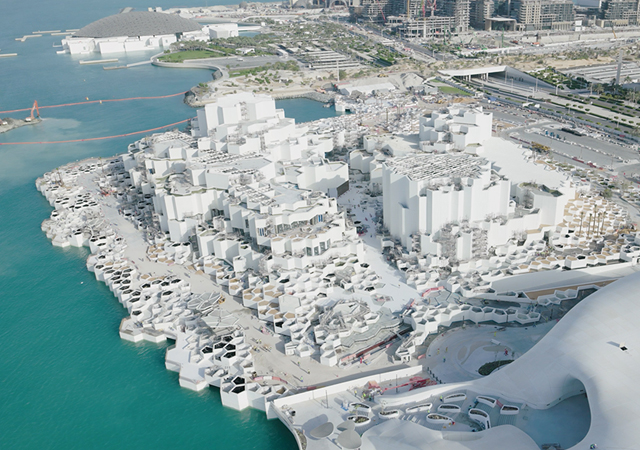
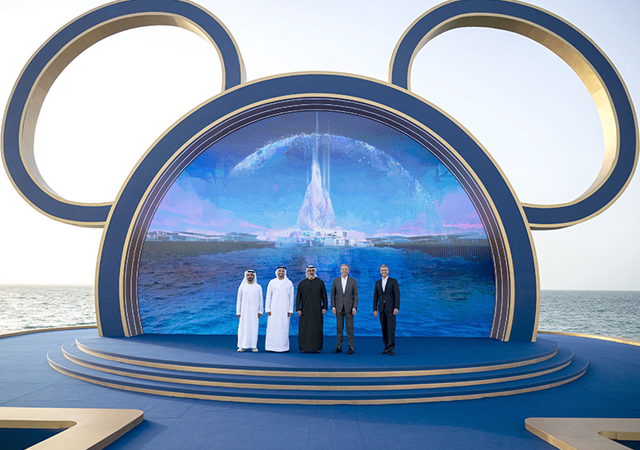
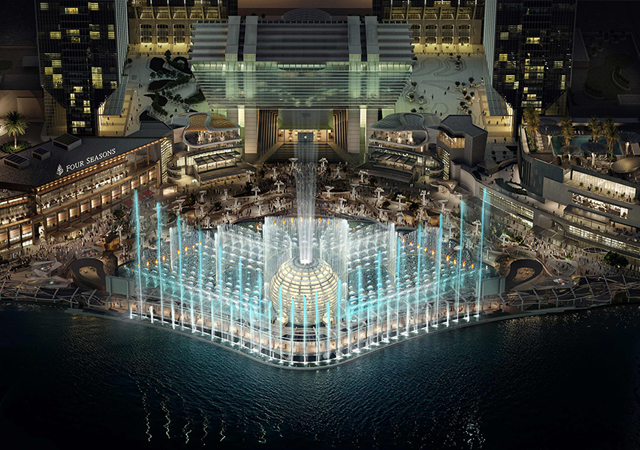
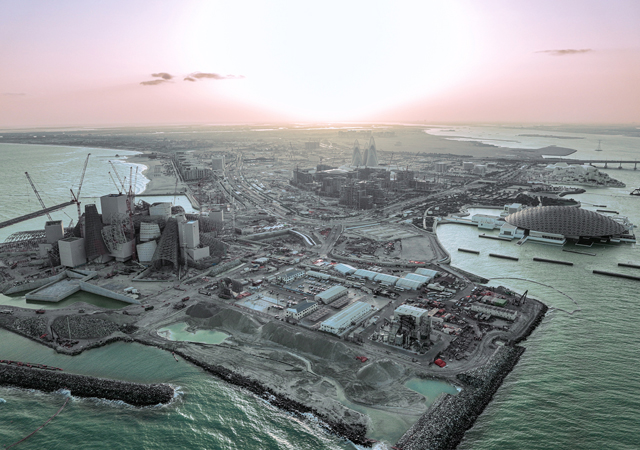
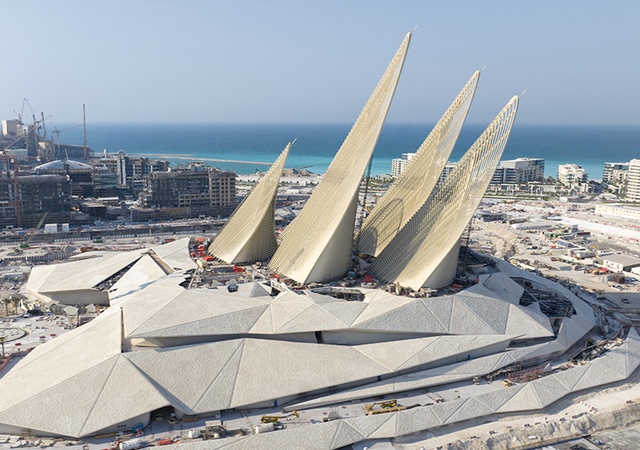
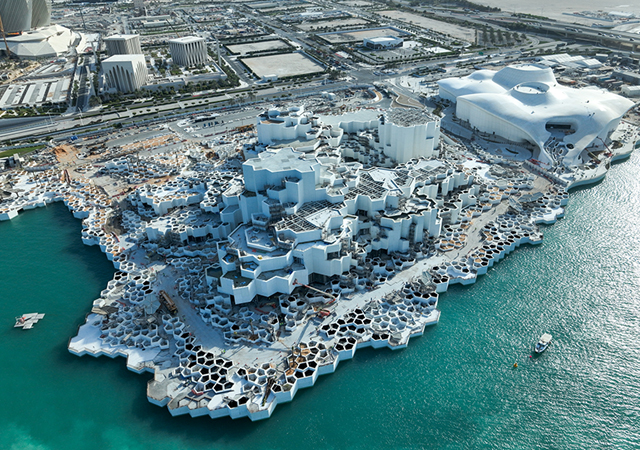
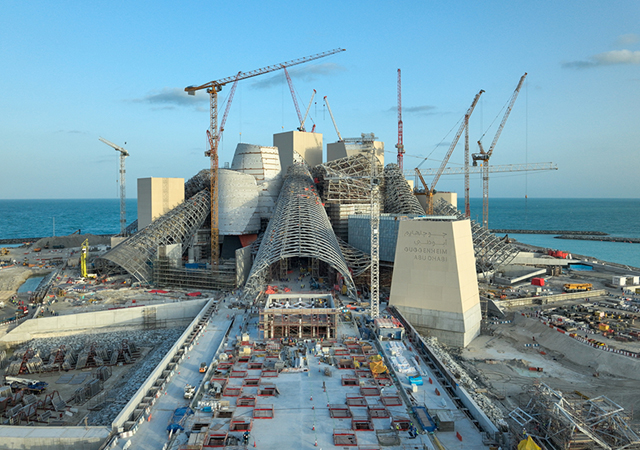
.jpg)
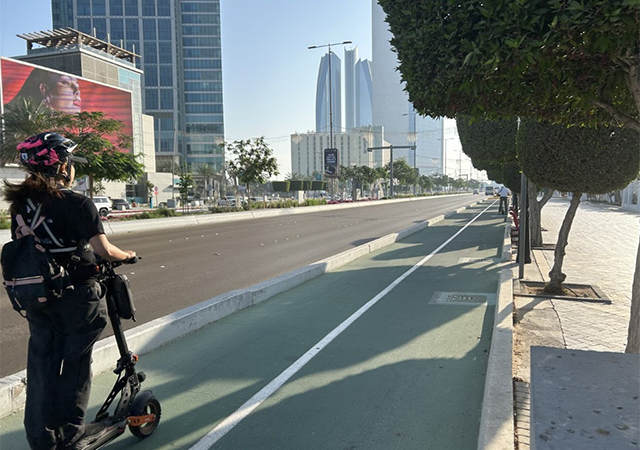
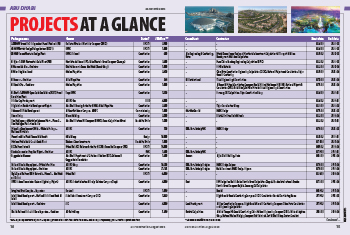

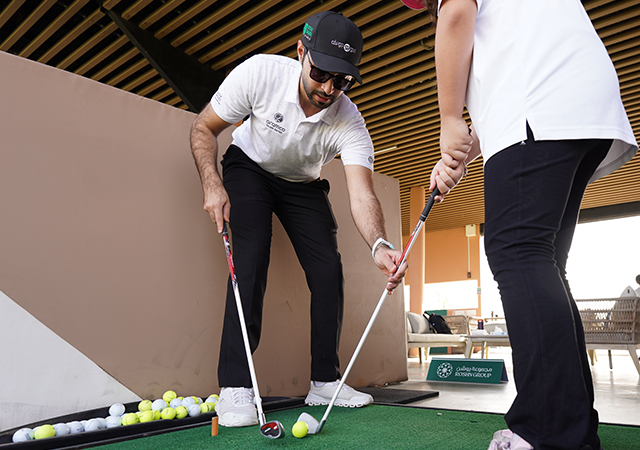
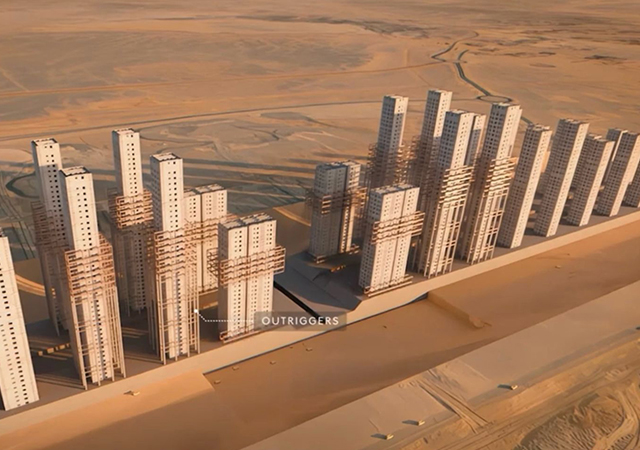
.jpg)
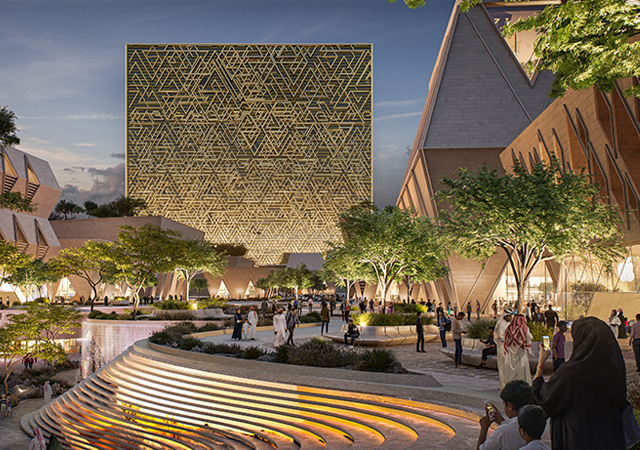
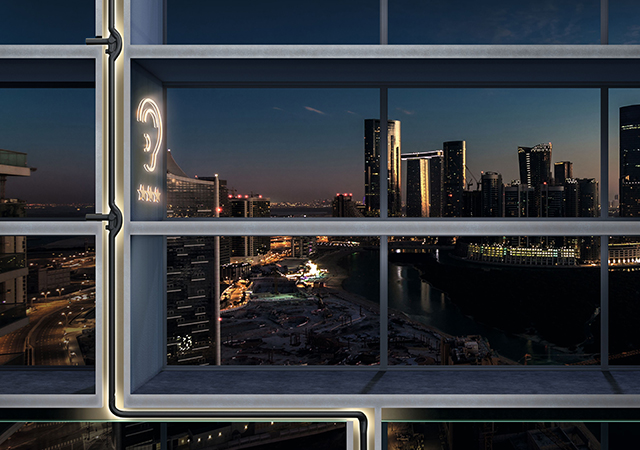
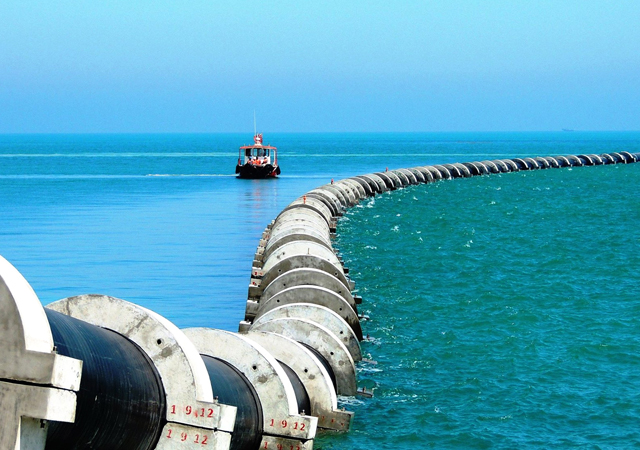
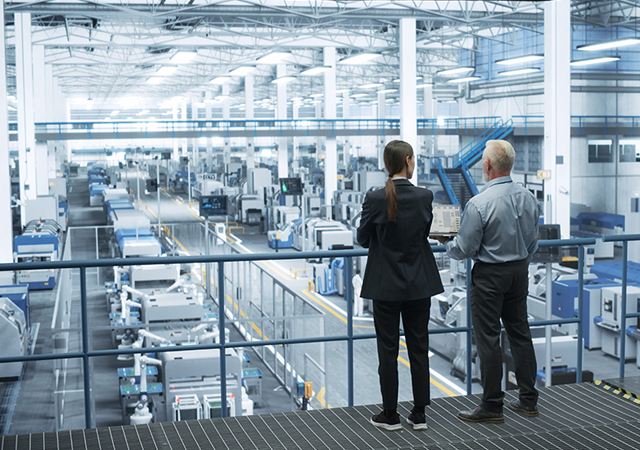

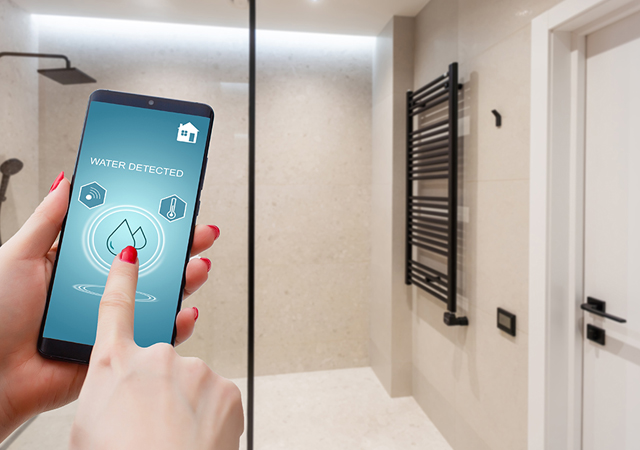
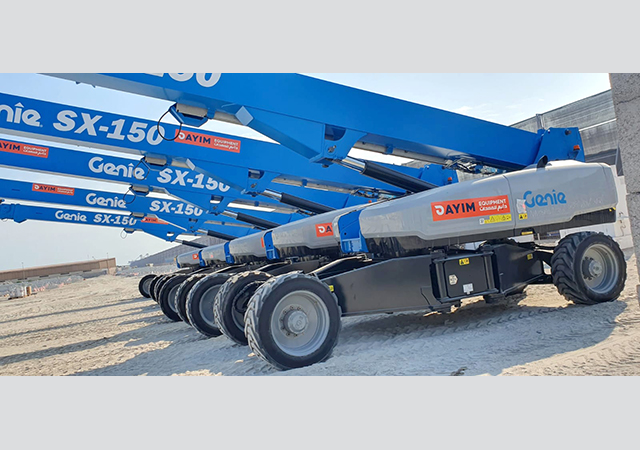
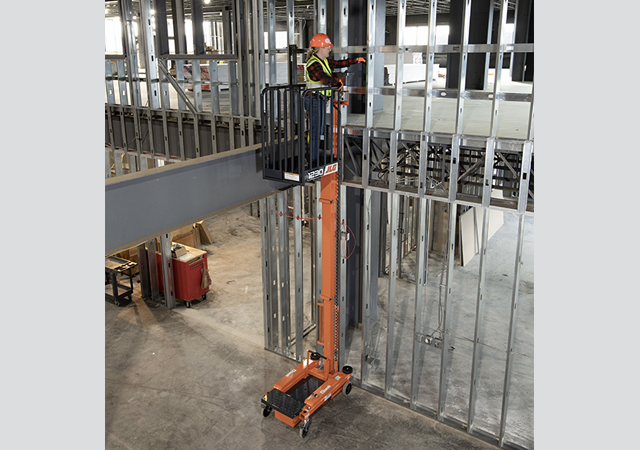
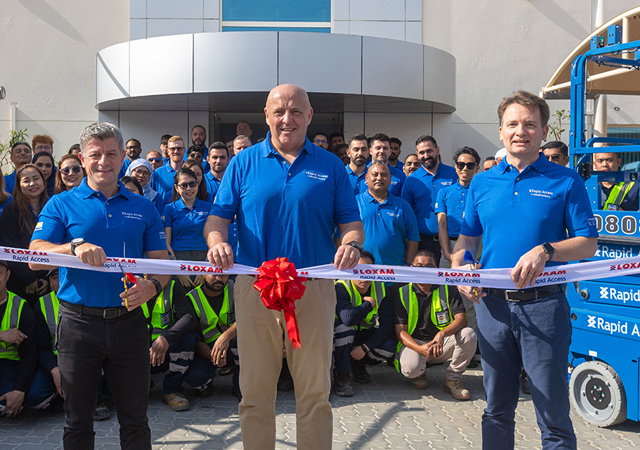
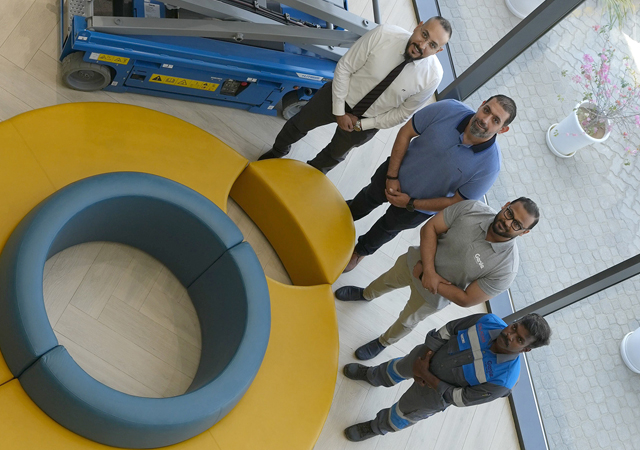
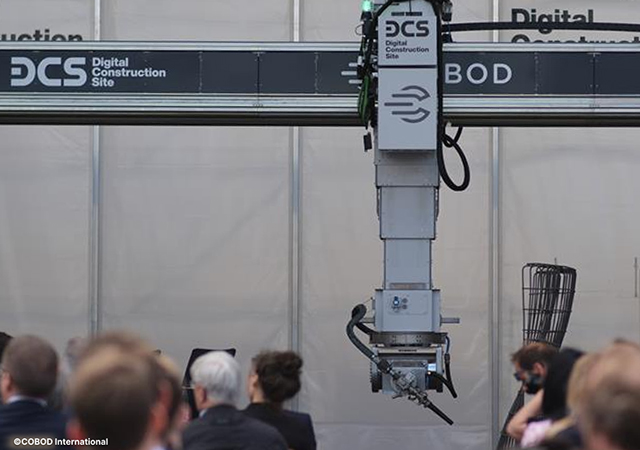
Doka (2).jpg)
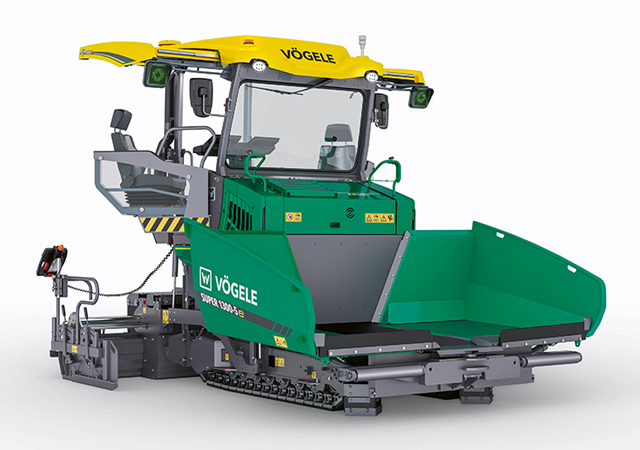
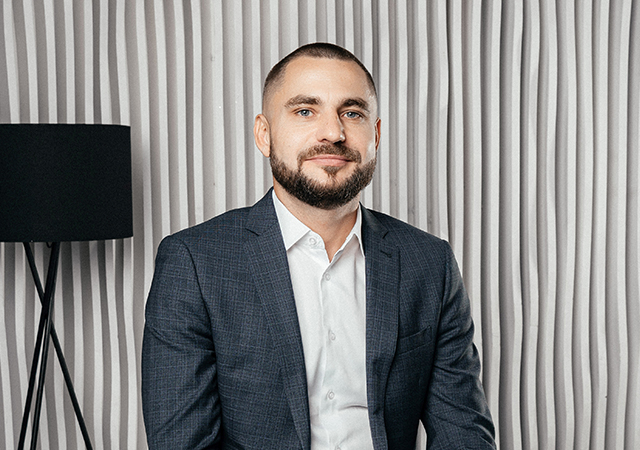

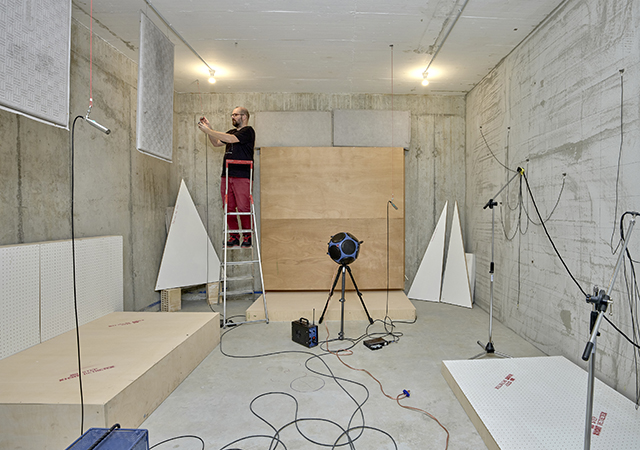
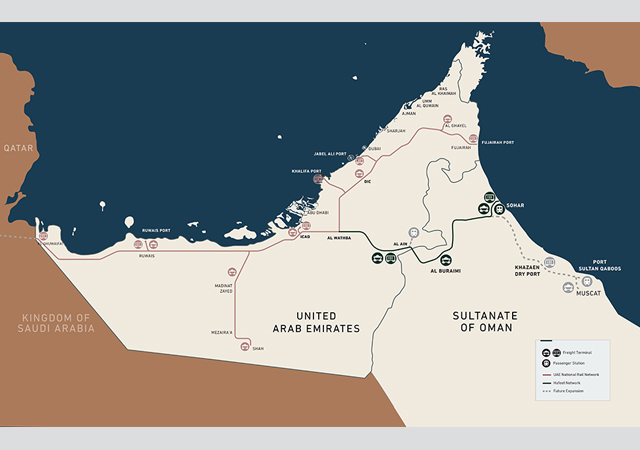
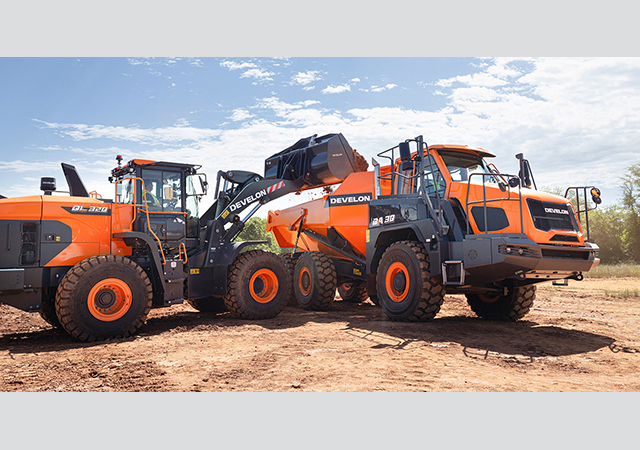
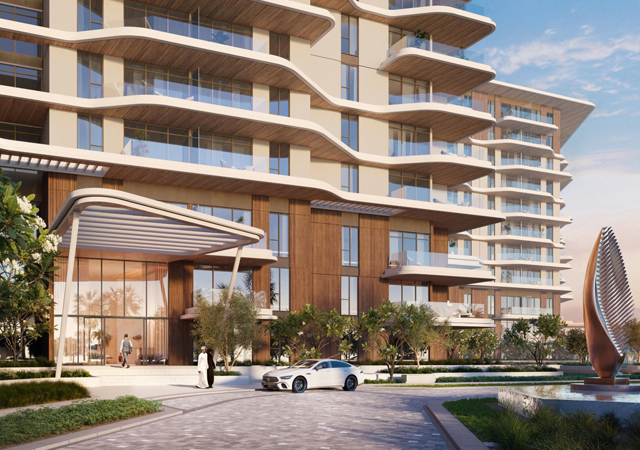

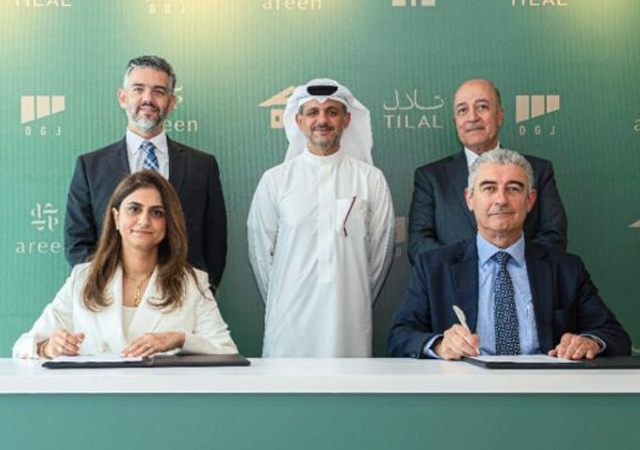
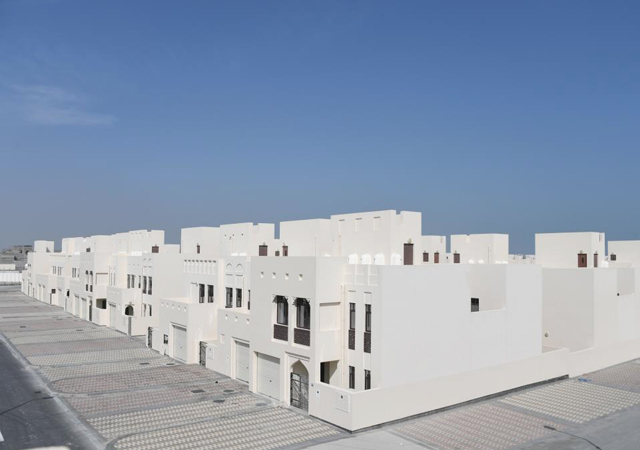
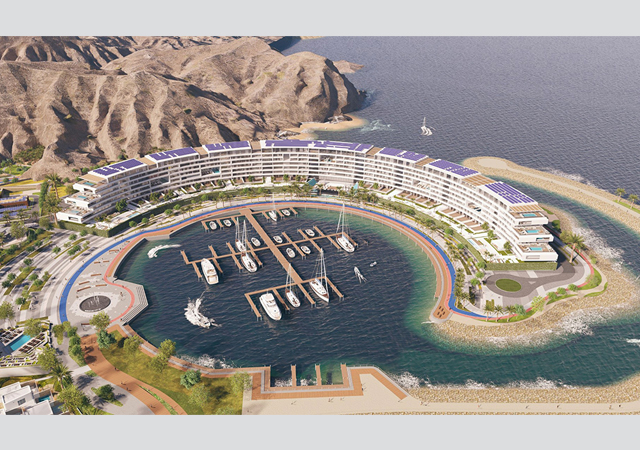
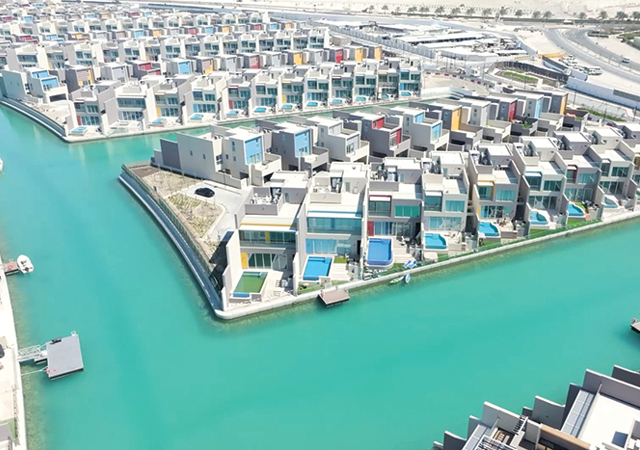
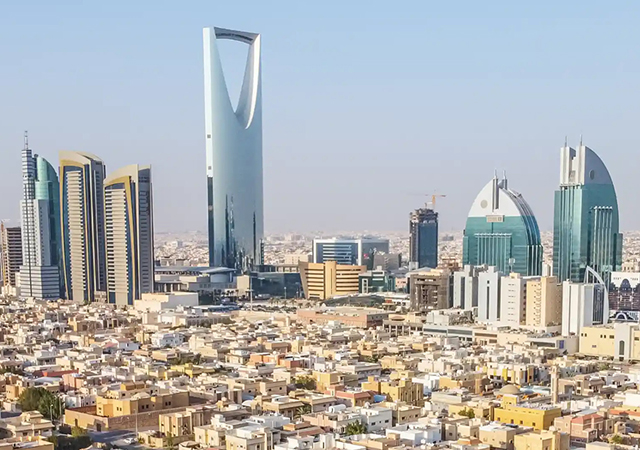

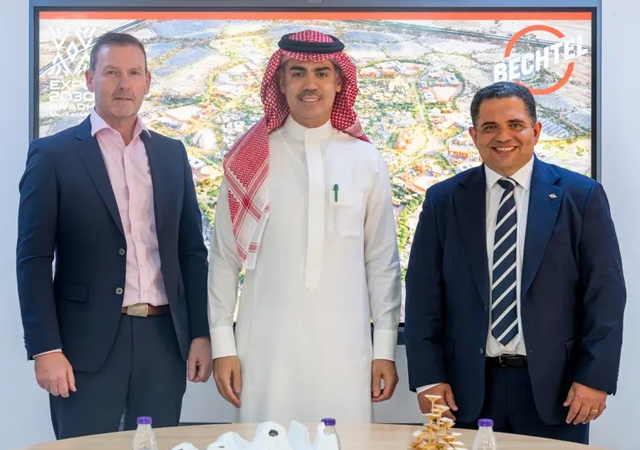
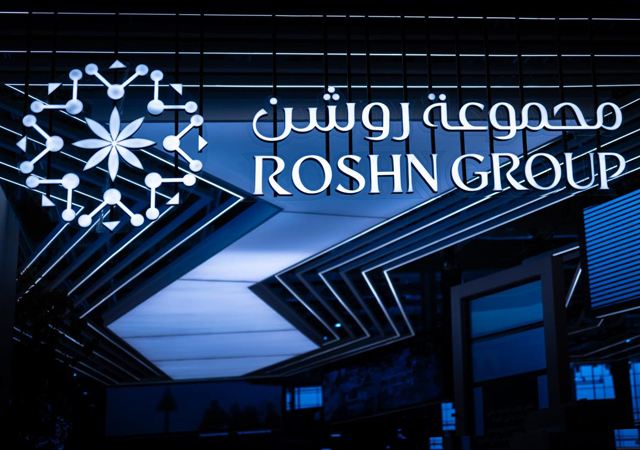
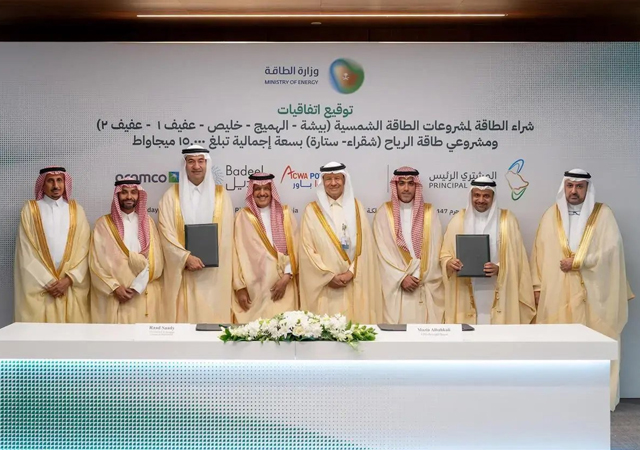
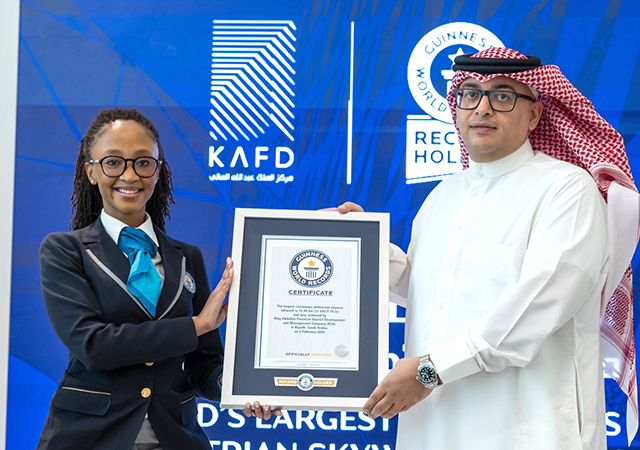
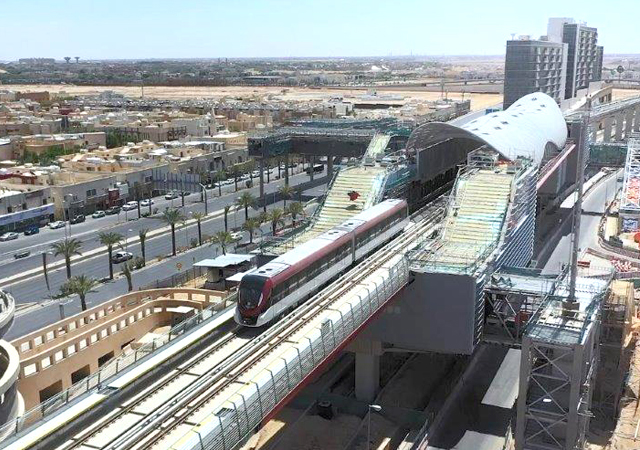
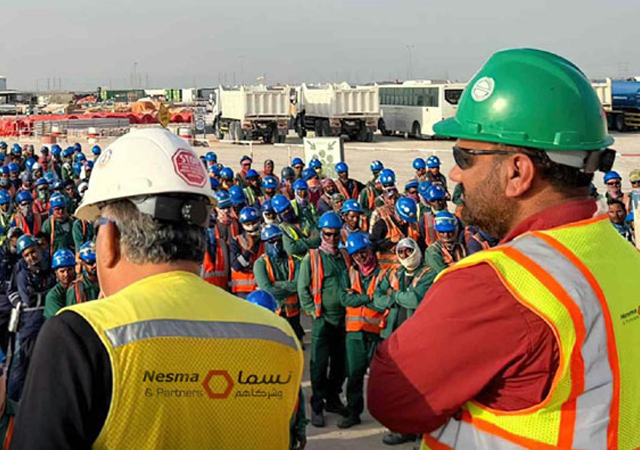

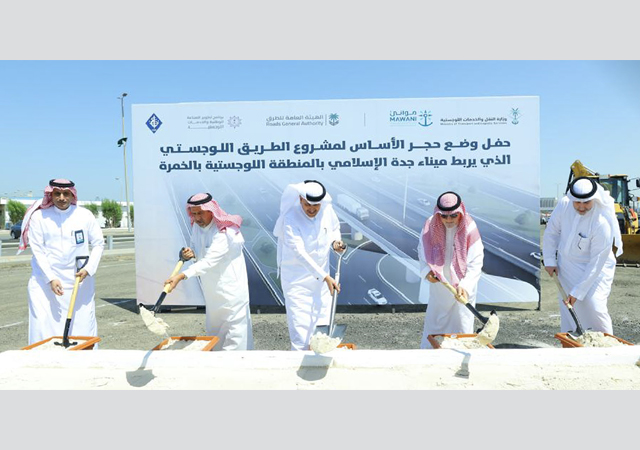


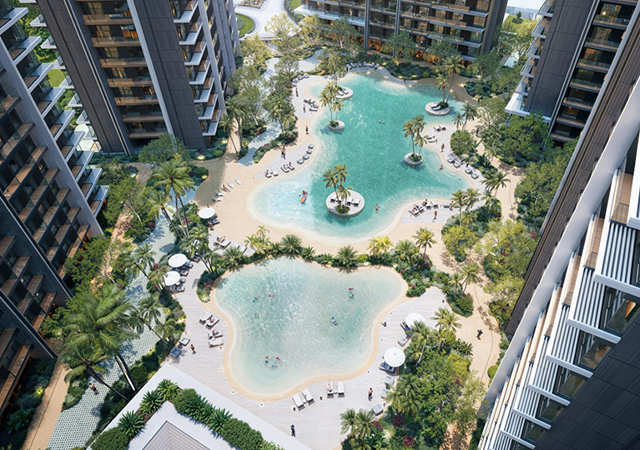
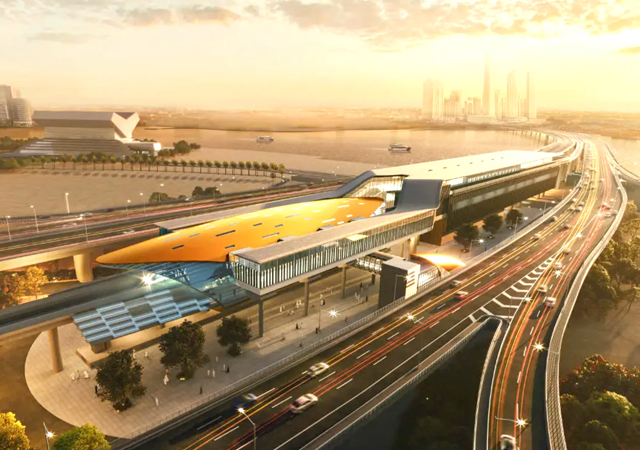
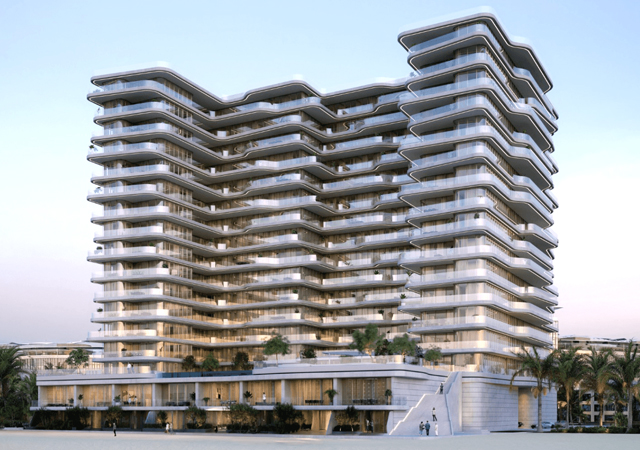
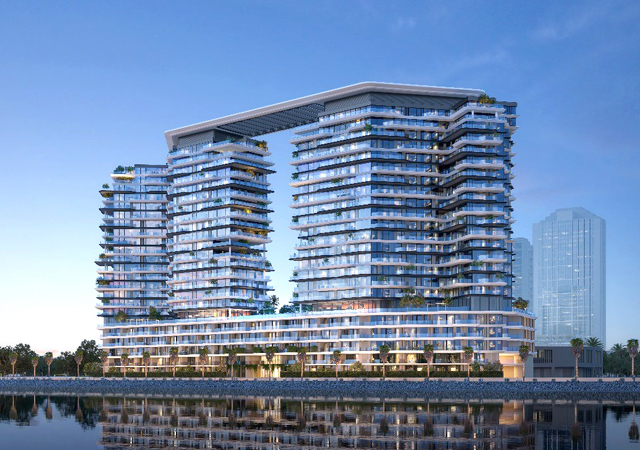
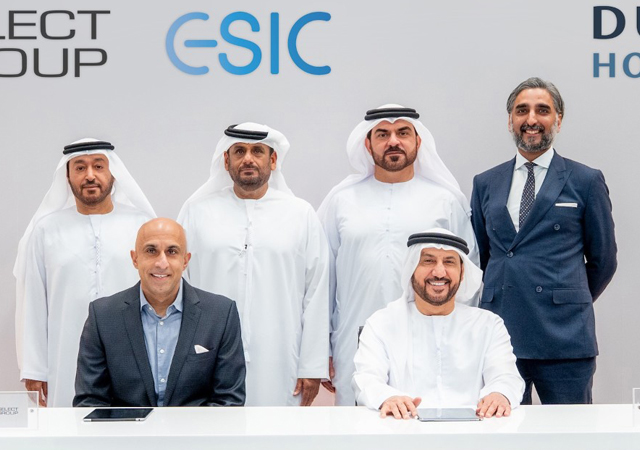
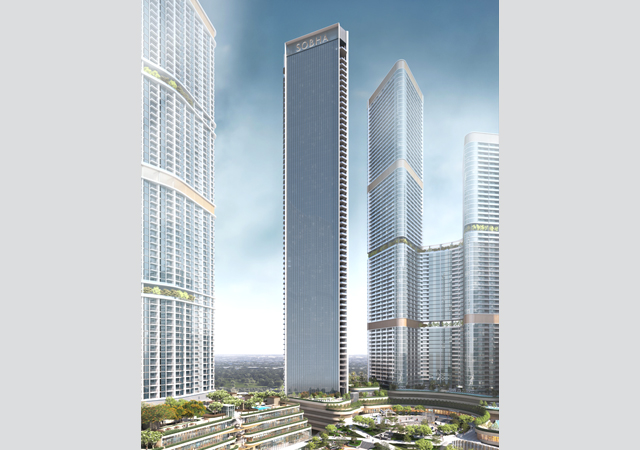
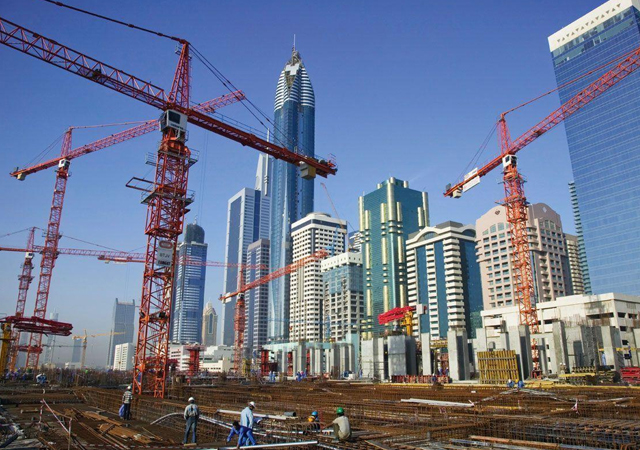
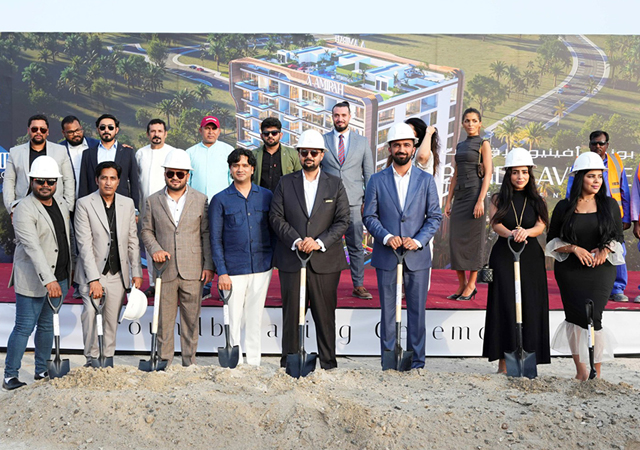
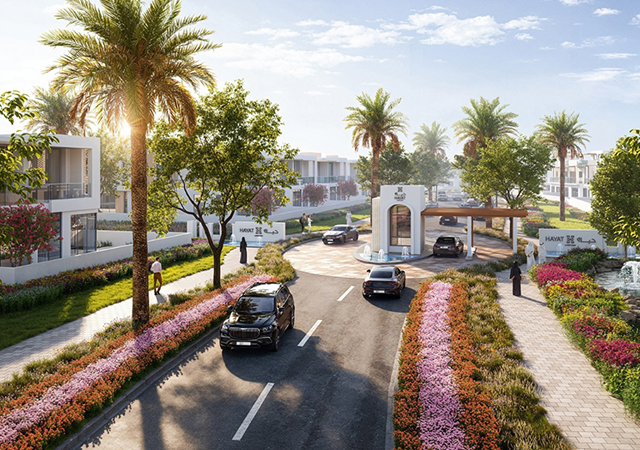
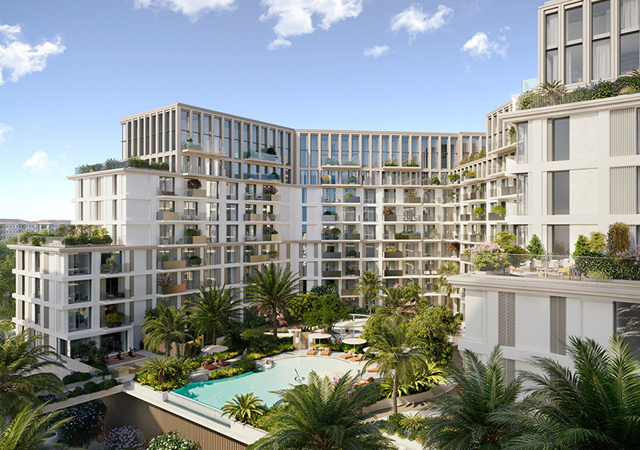
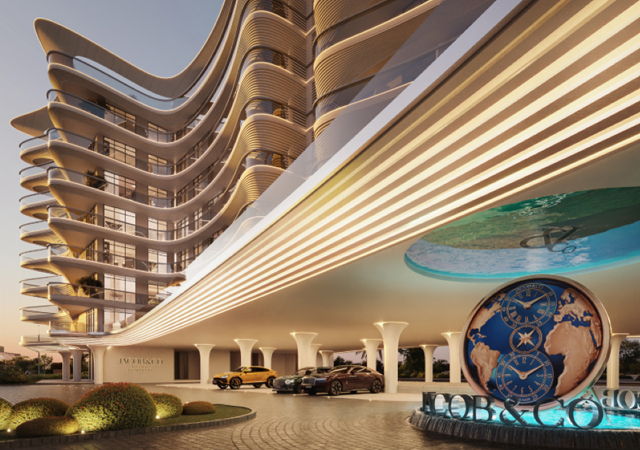
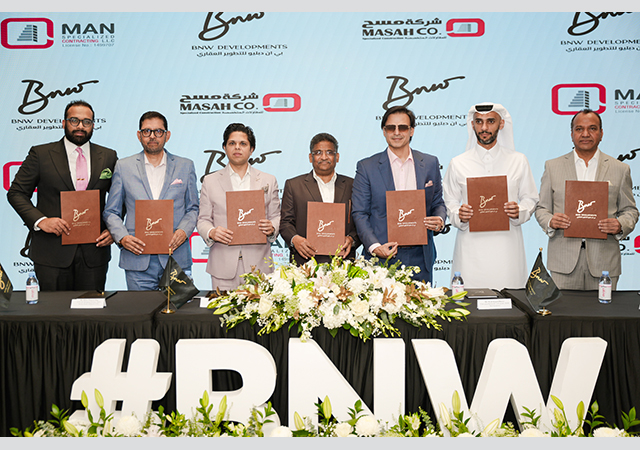
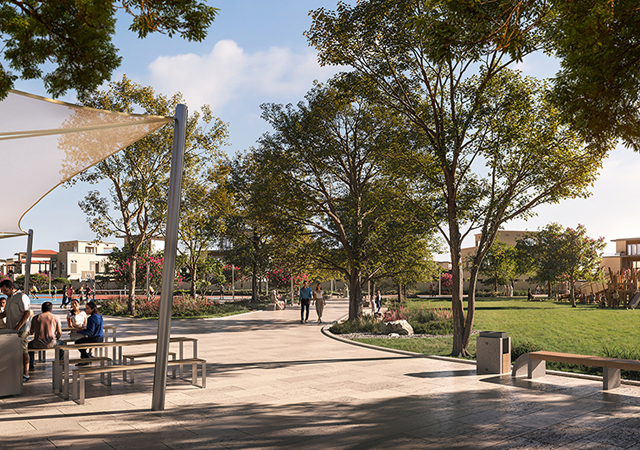
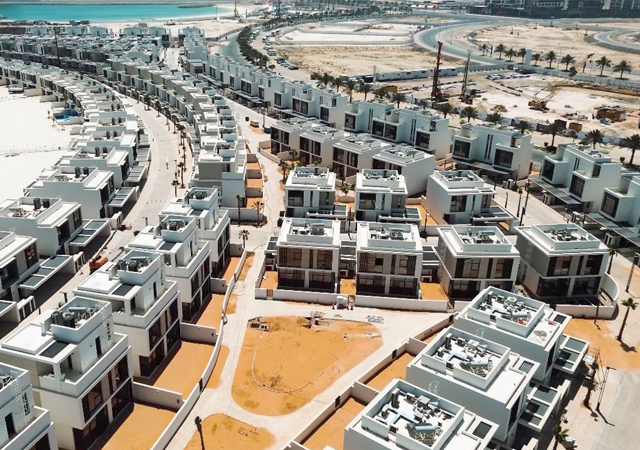
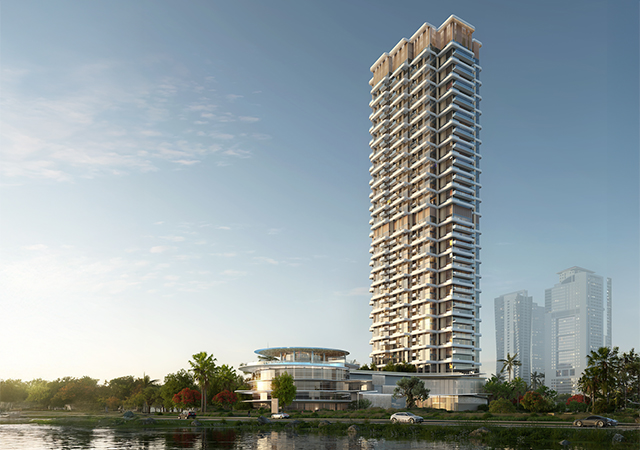
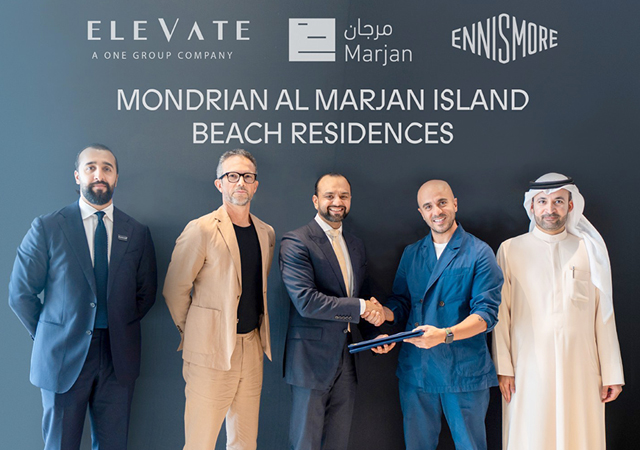
.jpg)
.jpg)
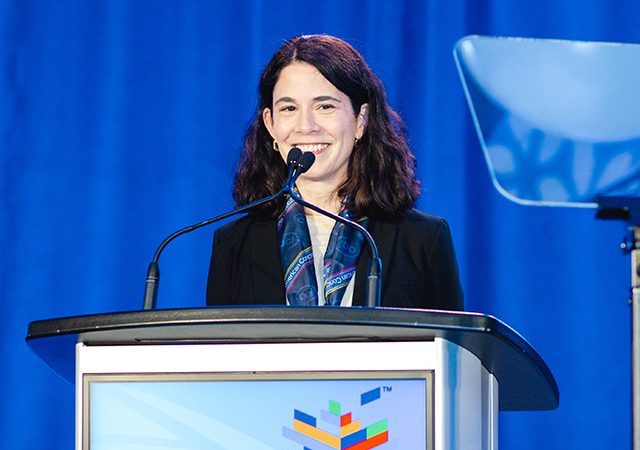
.jpg)
